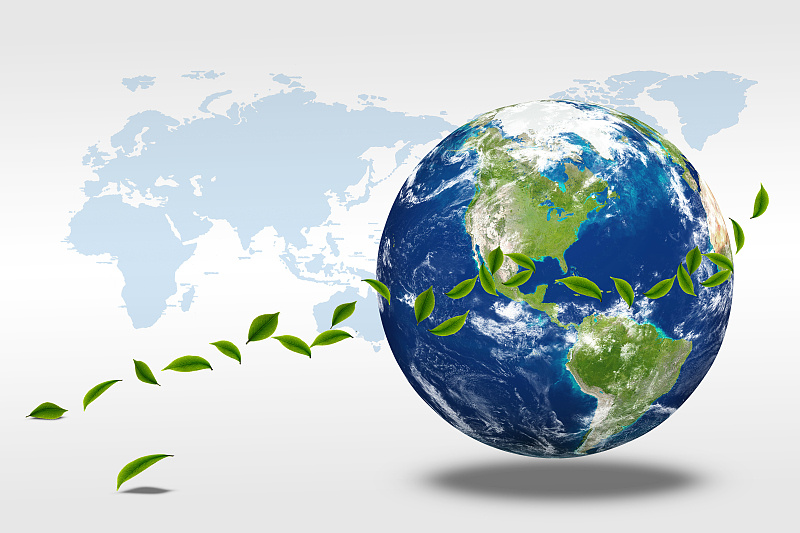
Photo: VCG
The Kigali Amendment to the Montreal Protocol, an international agreement to cut the use of climate warming hydrofluorocarbons, marked a major milestone after Liberia became the 100th nation to ratify the amendment, providing a welcome boost to global climate action.
The ratification by Liberia registered on July 12 is a major milestone for the agreement, which has been welcomed as great news by the United Nations Environment Program.
"As we deal with the impacts of the global pandemic, it is crucial not to forget climate action. Climate change could cause even more misery and disruption than COVID-19. We must be resolute in our efforts to limit it," Inger Andersen, the program's executive director, said.
"The Kigali Amendment reaching 100 ratifications is therefore great news. The amendment is a powerful tool for keeping our planet cool," Andersen added.
The amendment targets a massive reduction in the use of HFCs, which became widely used refrigerant substitutes for ozone-depleting substances that have been phased out under the Montreal Protocol. HFCs are climate warming gases with significant global warming potential.
The 2016 Kigali Amendment requires a phasedown of high global warming potential HFCs by more than 80 percent over the next 30 years. According to the UN program, replacing HFCs will create an opportunity to increase the energy efficiency of cooling equipment by 10 to 50 percent, significantly reducing energy costs to consumers and businesses.
The amendment builds on the success of the Montreal Protocol, which was set up in 1987 to protect human health and the environment caused by the depletion of the ozone layer. It is also estimated that replacing HFCs creates an opportunity to increase the energy efficiency of cooling equipment by 10 to 50 percent.
The UN Environment Program said the protocol's benefits include preventing up to 2million cases of skin cancer each year by 2030, an estimated $1.8 trillion in global health benefits and almost $460 billion in avoided damages to agriculture and fisheries up to 2060.
"Each ratification of the Kigali Amendment brings us closer to replicating the success of the Montreal Protocol in dealing with ozone-depleting substances. This success is built on nations working together. I am delighted to see 100 ratifications and look forward to many more in the coming months and years," said Tina Birmpili, executive secretary of the Ozone Secretariat.


